Description
ABSTRACT
Risks in Financing Renewable Energy Projects in Emerging Markets: A Nigerian Case Study
Oluwafunmilayo Olofinlade*
The world is gradually inching away from the utility of energy sources that deplete the ozone layer, and towards the adoption of a net-zero path in resolving the ever-worsening issue of climate change. In addressing this issue, alternative energy sources, particularly; renewable energy, whose utility does not deplete the ozone layer have been identified as germane to reducing greenhouse gas emissions, and this has seen investments in renewable energy grow in leaps and bounds globally. To ensure that this vision of achieving net-zero emissions becomes a reality, world economies must play their parts, and ensure adequate investment in renewable energy projects. Against this background, this paper examines project finance as a means of funding renewable energy projects. It examines the Nigerian clime, and also takes a cursory look at India, another emerging clime with almost the same energy needs as Nigeria via population. It summarily examines India’s support for private financing of renewable energy projects with effective policies. It then examines the main risks involved in renewable energy project agreements as they affect emerging economies like Nigeria, and proffers ways to mitigate them.
Keywords: Renewable Energy, Risks, Financing, Climate Change, Nigeria.
INTRODUCTION
The need to invest in alternate means of energy to reduce the effects of climate change, has been a major topic of discussion among nations at various times over the years. The United Nations Climate Change Conferences emphasise this need and encourage member states to invest heavily in renewable energy.1 Investors have also recognised the need to inject funds in renewable projects – arguably not necessarily to save the environment. As a result, there has been an increase in investment in renewable energy projects worldwide. This is also to ensure that international agreements like the Paris Agreement,2 and the Kyoto Protocol provisions are honoured. Thus, it is no surprise that investments are being redirected to clean technology across the globe.
* LL.B, BL, LL.M Candidate, University of East London.
- These conferences are called Conferences of the Parties (COPs) and nations across the globe are invited to these summits to discuss climate change issues which are referred to as a ‘priority. The most recent COP is COP26 which was recently concluded in Glasgow. See United Nations Change Conference UK 2021 ‘COP26 Explained’ accessed 15 December 2021.
- Paris Agreement to the United Nations Framework Convention on Climate Change. (12 December 2015). Conference of the Parties accessed 17 December 2021. The Paris Agreement is all-embracing and serves as a voice for emerging economies in negotiating climate problems. It has also become a mechanism to promote and enhance the development and advancement of technology. See A Abeysinghe, B Craft, J Tenzing, ‘The Paris Agreement and the LDCs: Analysing COP21 Outcomes from LDC Positions’ (IIED, 2016).

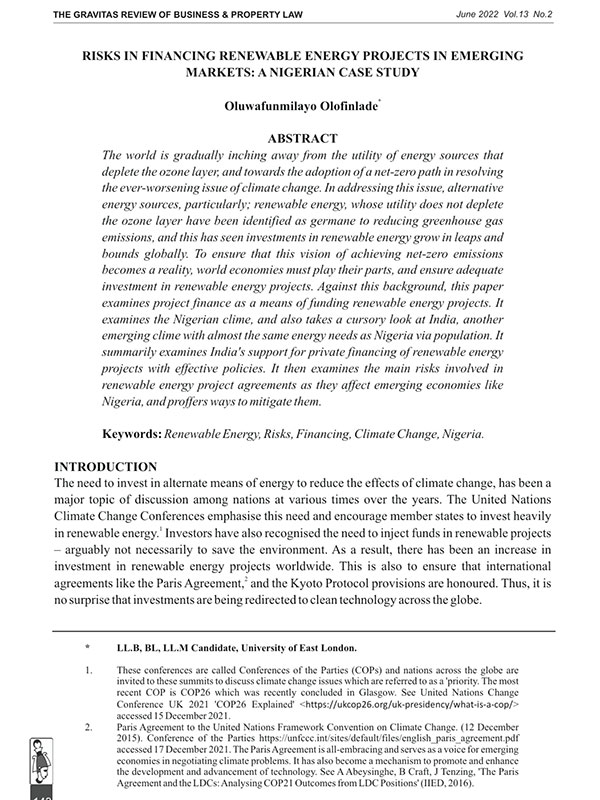
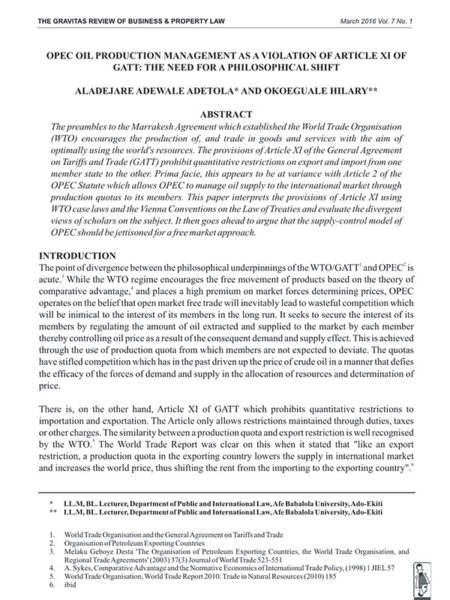
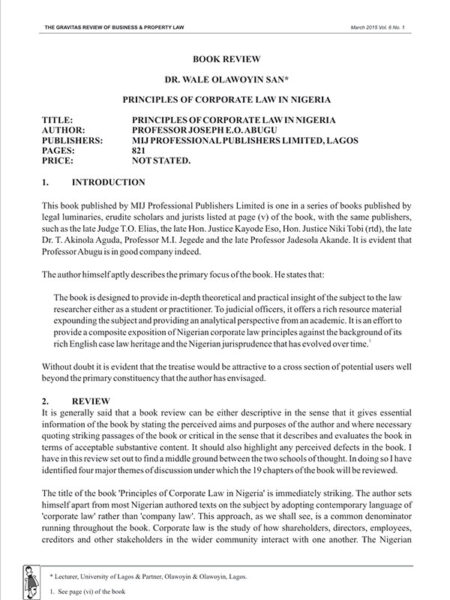
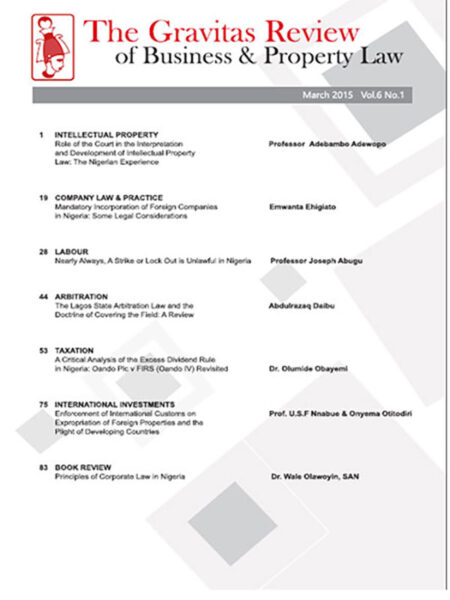


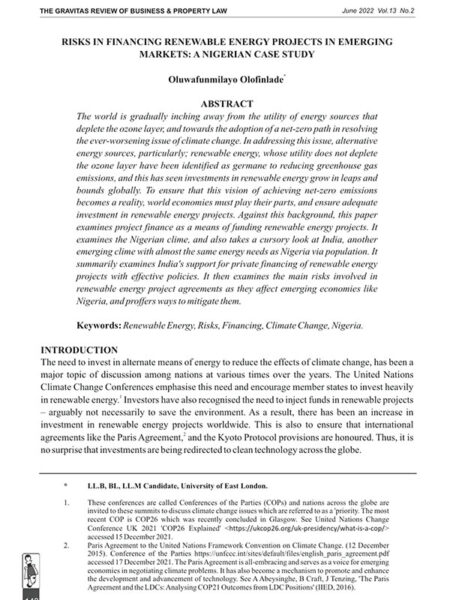
Reviews
There are no reviews yet.